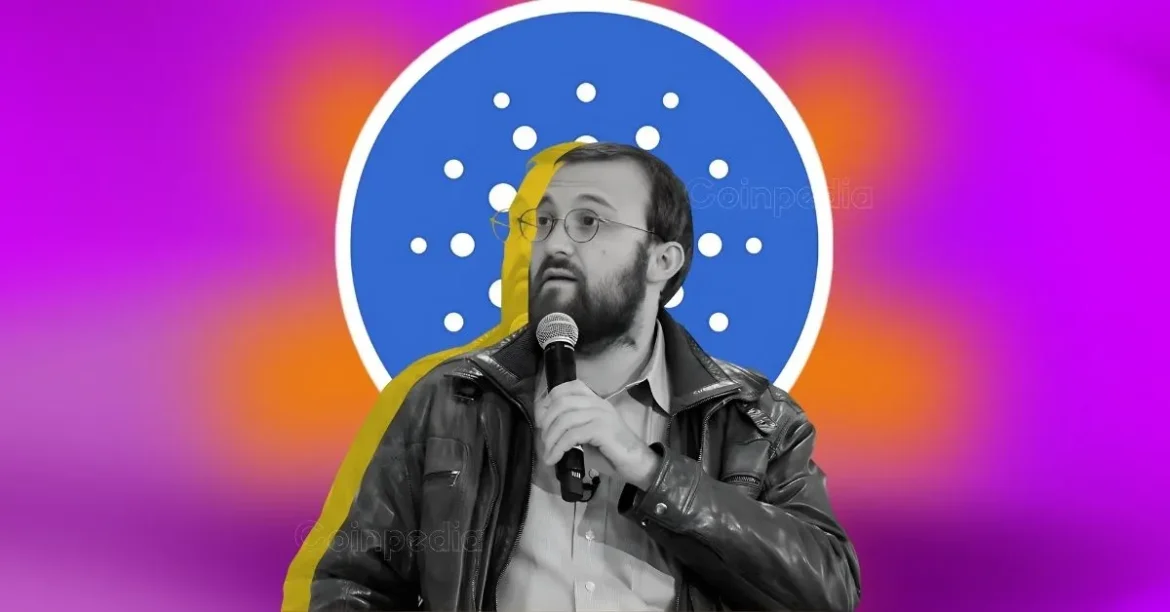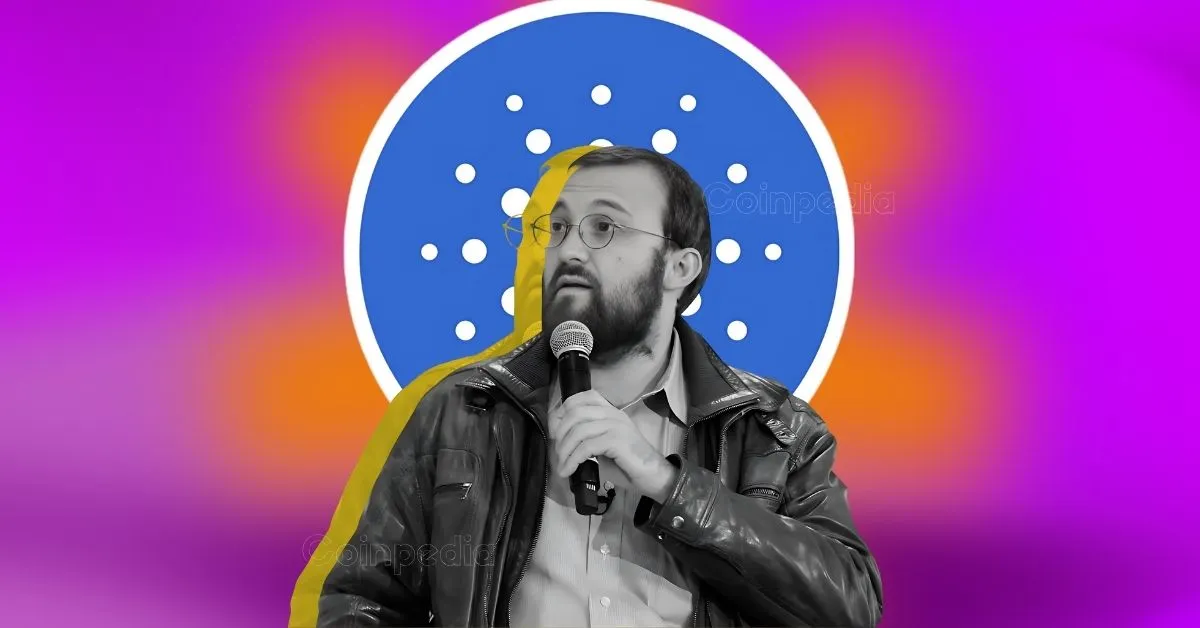Unpacking the $600 Million ADA Controversy Surrounding Charles Hoskinson and IOG
The Cardano ecosystem, led by its founder Charles Hoskinson and developed by Input Output Global (IOG), has recently been embroiled in significant turbulence due to allegations of substantial misuse of ADA tokens. This controversy, centering around a staggering $600 million worth of ADA, has shaken community trust and brought Cardano governance and transparency into sharp focus.
Background: Who is Charles Hoskinson and What is Cardano?
Charles Hoskinson is a pivotal figure in the cryptocurrency space. As a co-founder of Ethereum and the visionary founder of Cardano, Hoskinson aims to create a fully decentralized, scalable blockchain platform with real-world use and adoption potential. Cardano distinguishes itself with its scientific approach, formal methods, and a layered architecture designed for security and sustainability.
IOG, the company behind Cardano’s development, is responsible for implementing this roadmap, including the ongoing Voltaire phase, which focuses on achieving full decentralization by integrating on-chain governance mechanisms such as treasury systems and sidechains like “Midnight.”
The $600M ADA Misuse Allegations: Origins and Claims
The controversy ignited when members of the Cardano community accused IOG of misappropriating approximately 318 million ADA tokens, which amounts to roughly $600 million. These tokens reportedly remain unclaimed within the Cardano treasury system, fueling concerns over financial mismanagement.
Critics allege that IOG—or associated entities—rewrote network ledgers to control these funds, an accusation that Charles Hoskinson vehemently denies. These claims raised pressing questions about governance transparency, the proper use of community funds, and accountability within the Cardano ecosystem.
Hoskinson’s Response: Ordering a Full Independent Audit
In reaction to these serious allegations, Hoskinson ordered a comprehensive independent audit of IOG’s financial dealings related to the ADA treasury. He emphasized restoring community trust and transparency as paramount goals.
The audit is to be conducted by reputable global firms including BDO International, the law firm McDermott Will & Emery, and a specialized crypto analytics group. This multidisciplinary team will rigorously review financial records, legal compliance, and governance processes.
Hoskinson publicly expressed that he was “deeply hurt” by the accusations, highlighting the personal and professional toll such disputes cause. He also counters the narrative of wrongdoing, stressing ongoing community discussions and governance processes that have shaped treasury oversight.
Governance Challenges and Decentralization Efforts
The controversy overlaps with broader governance struggles within Cardano. Hoskinson has openly criticized the Cardano Foundation—the ecosystem’s governance body—for what he characterizes as centralization tendencies and mismanagement. He frames this internal conflict as a “fight worth having” to protect Cardano’s future decentralization.
Through the Voltaire phase, Cardano aims to propel itself beyond IOG and Foundation stewardship, instituting a decentralized treasury and voting system where ADA holders can directly influence the network’s evolution. However, price volatility in ADA—from highs around $1.33 to lows near $0.76—reflects market uncertainty amid these leadership and governance tensions.
The Importance of Transparency and Community Trust
At the core of this issue lies the necessity for transparent governance mechanisms in blockchain projects. Community funds, especially when amounting to hundreds of millions of dollars, require robust accountability frameworks that can withstand scrutiny and maintain investor confidence.
By commissioning a thorough audit and openly engaging with the community about governance challenges, Hoskinson and IOG aim to uphold these principles. The outcome of this audit will be pivotal not only for Cardano’s reputation but also for setting standards on handling treasury funds in decentralized ecosystems.
Broader Implications for the Crypto Space
This episode serves as a cautionary tale in the cryptocurrency sector, where transparency and governance structures vary widely. It underlines how even projects with credible leadership and strong technical foundations can face existential risks from governance disputes.
As blockchain ecosystems grow more complex, clear protocols for treasury management, auditing, and community participation will be essential to prevent similar crises. Cardano’s journey through these challenges will likely influence governance models across the industry.
—
Conclusion: Navigating a Defining Moment for Cardano and Its Community
The $600 million ADA misuse allegations have thrust Cardano into a defining moment that tests its commitment to transparency, accountability, and decentralization. Charles Hoskinson’s decisive call for an independent audit signals a willingness to confront difficult questions and rebuild community trust.
While the controversy has introduced volatility and uncertainty, it also serves as an inflection point—pushing Cardano toward the decentralized governance ideals it aspires to embody. The path ahead demands rigorous scrutiny, open dialogue, and resilient stewardship.
As the audit progresses and results emerge, the Cardano community will be watching closely, hopeful that this episode strengthens rather than weakens the network’s foundation. How Cardano navigates this challenge will significantly shape its future and its place within the broader blockchain world.
—
Stay informed on Cardano’s $600M ADA audit and governance shakeup—trust the facts shaping crypto’s future.





